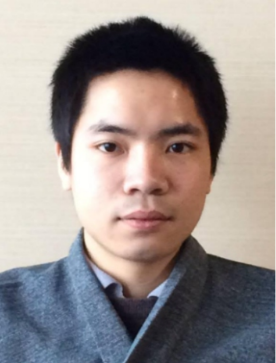
Seminars
June 08, 2021: Dr. Nguyen Vu Linh (Eindhoven Univ. Tech., Netherlands), Examples of Classification Tasks
Classification is a machine learning approach in which the computer learns a map from objects (and their features) to classes. Numerous studies have focused on the setting of multi-class classification with a single class variable. More general classification tasks are to predict multiple class variables simultaneously, i.e. multi-dimensional classification (MDC). When the class variables are binary, the MDC task is reduced to a multi- labelclassification(MLC) task. In this talk, we shall quickly illustrate those classification tasks (using examples). The talk also mentions ensemble learning and active learning which are respectively used to seek better predictive performance on a predictive modeling task than a single predictive model and to exploit labeled data in the most effective way. Making set-valued predictions in classification tasks will be discussed. Incases of uncertainty, a predictive model preferably returns a set of candidate classes instead of predicting a single class label with little guarantee. When making set-valued predictions, the classifier should strive for an optimal balance between the correctness (the true class is among the candidates) and the precision(the candidates are not too many) of its prediction.
Speaker: Dr. Nguyen Vu Linh, Eindhoven Univ. Tech.
Time: 15:30, Tuesday, June 08, 2021
Venue: Webinar; Access code: https://bit.ly/3uYyqpz

Vu-Linh Nguyen received his Bachelor degree in Mathematics from the Vietnam National University, Hanoi (VNU), Vietnam (2013) and Master degree in Knowledge Science from the Japan Advanced Institute of Science and Technology (JAIST), Japan (2015). From 2015-2018, he pursued his Ph.D. studies at the University of Technology of Compiègne (UTC), France, working on classification and active learning. From 2018-2020, he was a postdoc at the Paderborn University (UPB), Germany, working on multi-label classification and ensemble learning. Vu-Linh Nguyen joined the Eindhoven University of Technology (TU/e) in February 2021 as a Postdoc in the Uncertainty in Artificial Intelligence group, Department of Mathematics and Computer Science. His research interests include uncertainty quantification, classification, active learning, ensemble learning, and causal representation learning.
